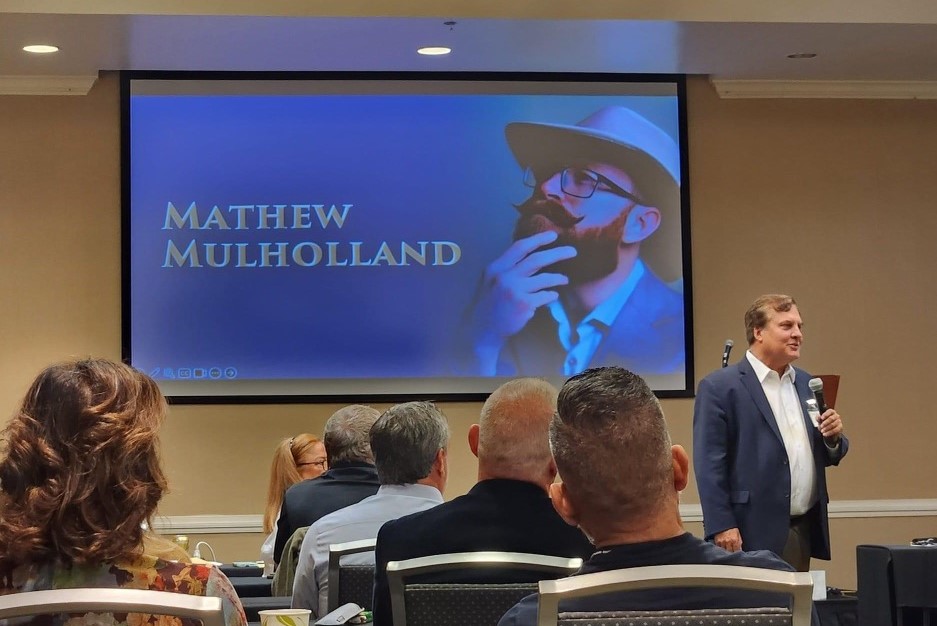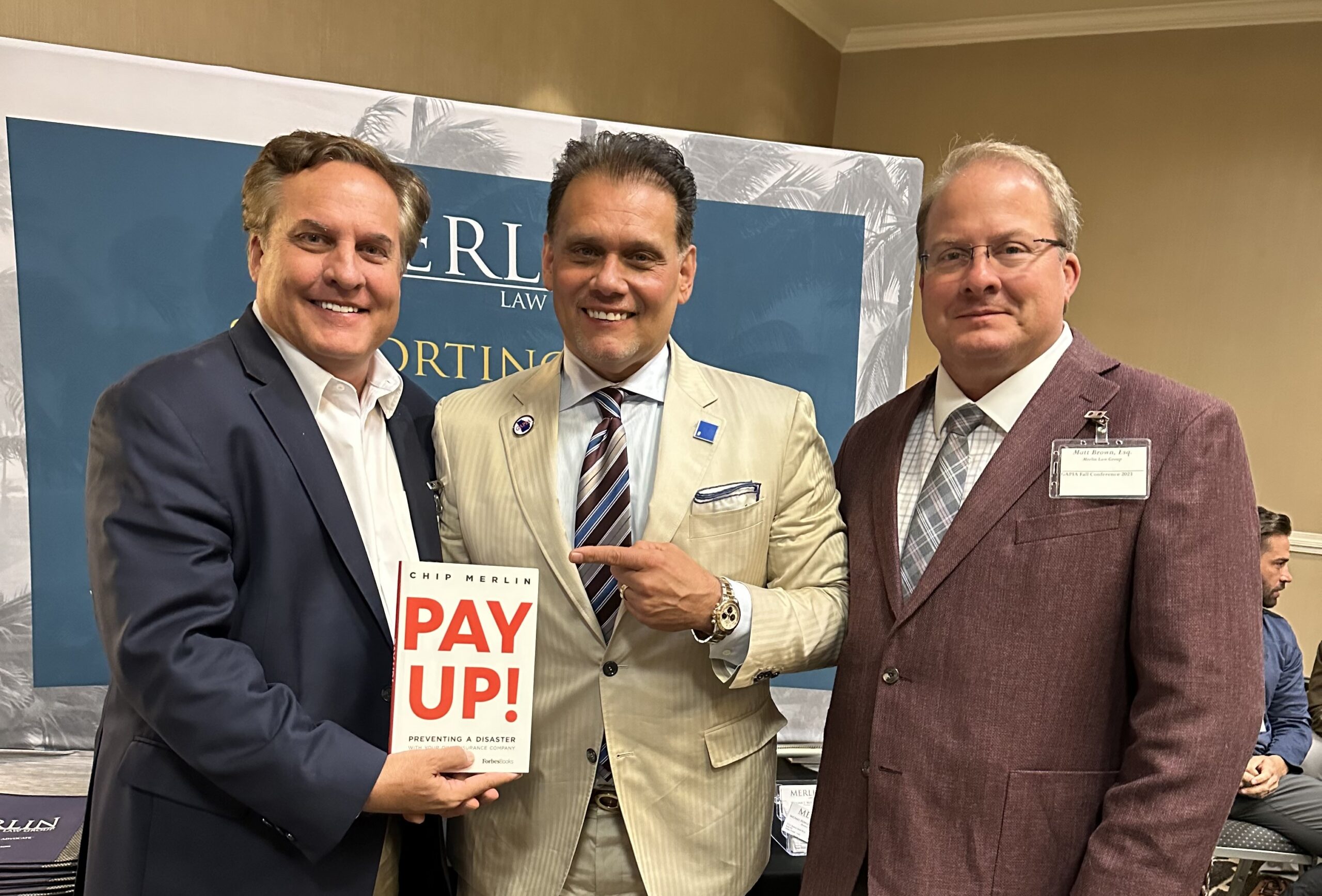We’ll let the jury decide.
Policyholders must meet post-loss obligations under their property insurance policy prior to receiving coverage for a loss. A common condition precedent requires policyholders to provide prompt notice of the loss to their carrier. The carrier must be able to conduct a reasonable investigation of the property conditions as close to the loss date as possible to determine whether the stated event caused the loss claimed.
The issue of late notice in Georgia was previously discussed by my colleague, Ashley Harris. If you have not read her blog post, here is an easy link to a great read: Is Your Claim Too Late in Georgia? Some losses are not immediately apparent to policyholders. Hail sometimes takes weeks or even months before policyholders notice the damage. Under Georgia law, whether the insured timely notified the carrier of a loss often turns on whether the insured had a reasonable justification for any delay.1
The Eleventh Circuit Court of Appeals, applying Georgia law, recently upheld a jury verdict finding hail coverage for an apartment complex after a ten-month delay in reporting the loss to the carrier.2 The appellate court held that the jury appropriately decided the issue of whether the delay was reasonable.
In March 2013, a strong wind and hailstorm hammered a 55-building, 352-unit apartment complex in Columbus, Georgia. The hailstorm caused extensive damage to metal roof shingles, patio screens, and heating and air conditioning units in each building. The complex started to receive reports of ceiling leaks months after the storm. One work order in May and another in June showed hail damage only to a few shingles. Trial testimony established that two work orders showing hail damage to a limited number of shingles would not be enough to alert the policyholder of widespread hail damage.
In December 2013, the complex’s roofer notified the manager of the scope of the hail damage after he replaced six to eight bundles of shingles. This work order replaced many more shingles than the previous two work orders. The manager alerted the owner that the hail damage could be widespread and the owner thereafter reported a claim to the carrier. The carrier argued that the lower court erred when it failed to find the ten-month delay in notice unreasonable as a matter of law.
The Eleventh Circuit disagreed.
Under Georgia law, the questions of whether the insured gave timely notice and whether the delay was justified are for the fact finder.
In another case, the Georgia Court of Appeals held the insured had a reasonable justification for an eleven-month delay in notifying his insurance company of an accident when he did not realize the severity of his injuries.3 The Eleventh Circuit found that the same concept applied here.
A leaky roof discovered months later may provide a reasonable justification for Georgia policyholders who are not aware of a claim immediately following the date of loss. What constitutes notice sufficient to satisfy post-loss obligations is a tricky issue to navigate. Policyholders questioning whether they provided sufficient notice to their carrier should contact a qualified property insurance professional.
_______________
1 See Progressive Mountain Ins. Co. v. Bishop, 790 S.E.2d 91, 94 (Ga. App. 2016).
2 The Grand Reserve of Columbus LLC v. Property-Owners Ins. Co., 2018 WL 286112 (11th Cir. Jan. 4, 2018).
3 Bishop, 790 S.E.2d at 96.



